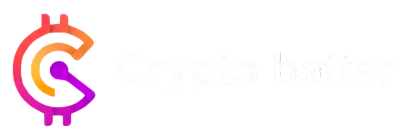btc $84,227
eth $1,919
usdt $1
bnb $586
sol $134
steth $1,918
usdc $1
btc $84,227
eth $1,919
usdt $1
bnb $586
sol $134
steth $1,918
usdc $1
btc $84,227
eth $1,919
usdt $1
bnb $586
sol $134
steth $1,918
usdc $1
btc $84,227
eth $1,919
usdt $1
bnb $586
sol $134
steth $1,918
usdc $1
btc $84,227
eth $1,919
usdt $1
bnb $586
sol $134
steth $1,918
usdc $1
btc $84,227
eth $1,919
usdt $1
bnb $586
sol $134
steth $1,918
usdc $1
